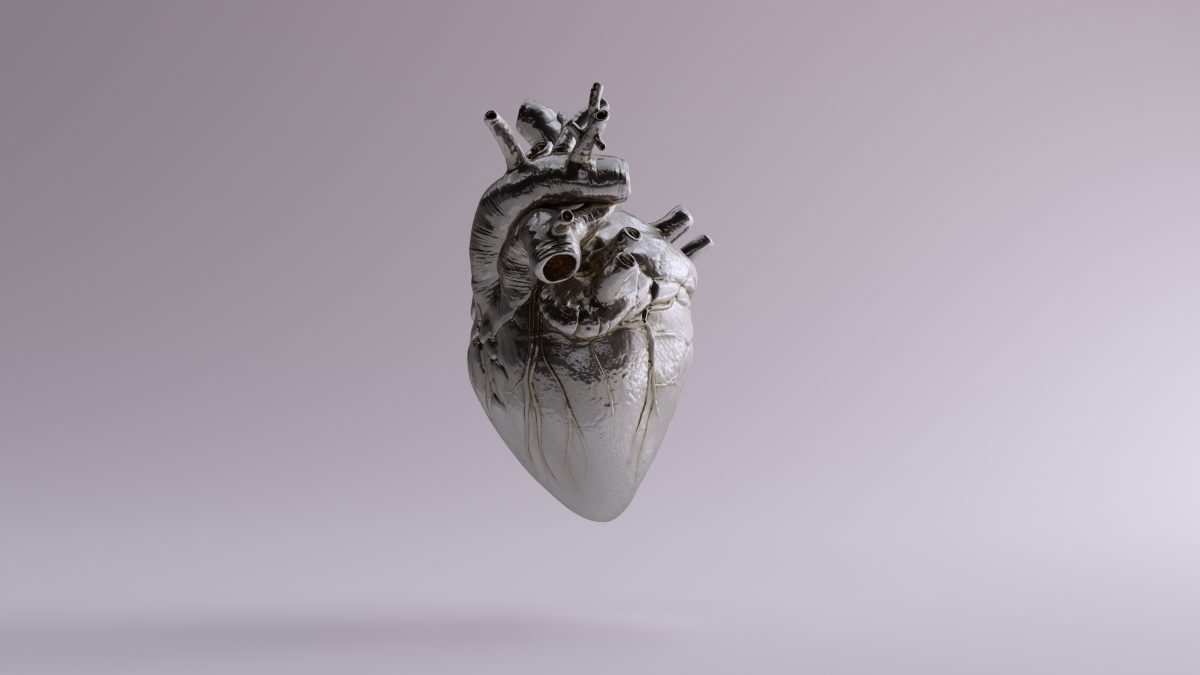When you think of lead poisoning, you probably envision peeling paint, and then take a deep breath, believing you’re safe, since after all — lead paint has been banned in the U.S. since the 1970s.
But don’t relax too soon…
Lead poisoning and its effects are still going strong.
And according to researchers, they’re to blame for approximately 5.5 million heart deaths each and every year — more than smoking or high cholesterol.
Lead’s heart-related death rate six times higher
Toxic metals, including heavy metals, are metal compounds that negatively impact human health. And lead is among the most notorious affecting heart health.
For the research, published in the Lancet Planetary Health, researchers used estimates of blood lead levels in 183 countries taken from the landmark 2019 Global Burden of Disease study. Specifically, they set out to nail down the impact of lead on both adult heart health and IQ in children.
While previous research had delved into lead’s contribution to heart disease, this was the first study to take a holistic look at the multitude of ways lead contributes to heart damage and death, including the hardening of arteries that can lead to stroke.
They discovered that lead is responsible for a frighteningly high number of deaths due to heart problems — or approximately 30 percent of all deaths from cardiovascular disease. This is a number six times higher than previous estimates.
According to lead author Bjorn Larsen, that would mean lead exposure is a bigger cause of heart disease than smoking or cholesterol.
None of this is surprising to me. Just this past summer the American Heart Association called out three specific metal contaminants for doing the most harm in the form of ischemic heart disease, stroke and peripheral artery disease. One of them was lead.
A first-world problem
Of course, it could be easy to assume this threat mainly affects developing countries, since it was a global report, and mark ourselves safe from the lead problem. That would be a mistake…
In fact, many studies have shown that those of us in the U.S. are at risk of heightened lead exposure from multiple sources:
And those of us born before 1996 were exposed to significant lead pollution in the air from leaded gasoline, which can create a harmful legacy not just for our hearts, but also for our brains.
And lead is still in the air we breathe…
According to the Environmental Protection Agency, at the national level, major sources of lead in the air are ore and metals processing and piston-engine aircraft operating on leaded aviation fuel. Other sources are waste incinerators, utilities and lead-acid battery manufacturers. The highest air concentrations of lead are usually found near lead smelters.
No wonder researchers have identified exposure to air pollution as a major risk factor for cardiovascular disease.
How to get the lead out
Knowing how you’re exposed to lead and reducing that exposure where possible is only the first thing you can do to protect your heart health.
The next is removing as much lead (and other heavy metal contaminants) from your body, as possible.
When sailors painting military ships were contaminated with lethal levels of lead during the 1950s and after WWII, the U.S. Navy relied on a newly discovered treatment to quickly eliminate the deadly toxins from their bloodstream.
The medical use of EDTA (ethylene diamine tetra-acetic acid) was introduced as a lead chelating agent to treat lead poisoning in employees of battery factories and in the sailors exposed to lead paint.
Chelation is simply the process of chemically binding onto heavy metals in the blood so that they can be excreted through the urine.
And while other compounds can be used as natural heavy metal chelators, the most well-known is EDTA.
In cases of acute lead poisoning, EDTA chelation can be done through IV, but it’s also available in supplement form. You can read more about its other benefits here.
Sources:
Global health burden and cost of lead exposure in children and adults: a health impact and economic modelling analysis — The Lancet Planetary Health Journal
Exposure to One Metal May Cause More Heart Disease Than Smoking or Cholesterol — Science Alert
Read full article here




